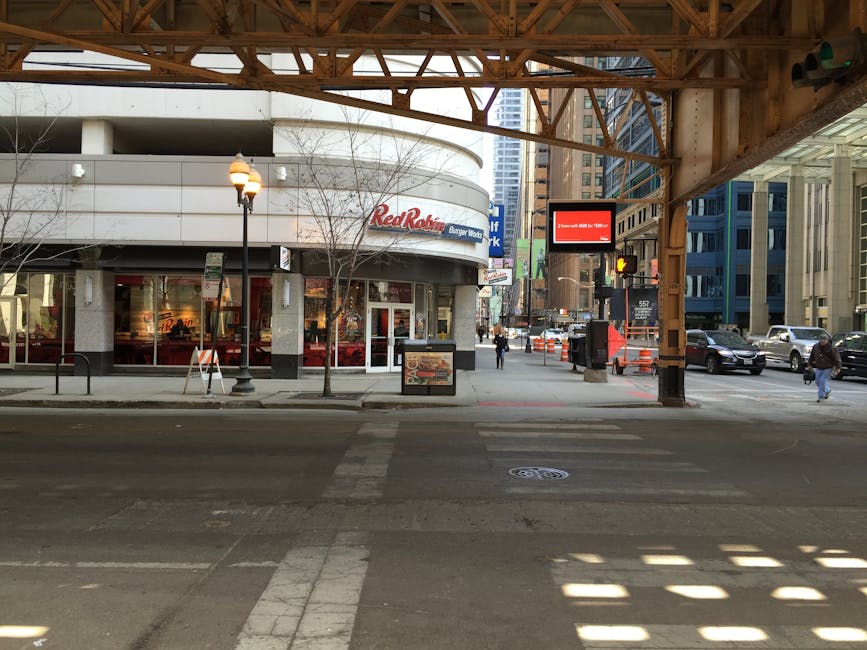Democratic Underground: A Deep Dive into the Online Political Forum’s History, Influence, and Controversies
Democratic Underground (DU) is a prominent online political forum known for its left-leaning perspectives and active community engagement. Since its inception, it has played a significant role in shaping online political discourse, offering a platform for discussion, activism, and the dissemination of information. However, its history is also marked by controversies, raising questions about its moderation policies, impact on political polarization, and the overall nature of online political communities.
The Genesis of Democratic Underground: From Bulletin Board to Online Hub
Launched in 1998, DU emerged during the early days of the internet, quickly establishing itself as a haven for progressive voices. Initially a more rudimentary bulletin board system, it gradually evolved into a sophisticated forum with various features, including dedicated discussion threads, blogs, and even a podcasting section. The platform’s growth coincided with the increasing importance of online political participation, offering a space for individuals, particularly those identifying as left-of-center, to connect, share ideas, and organize.
In its early years, DU stood out for its relatively open and participatory nature. While moderation was in place, it allowed for a wider range of opinions than many other online spaces, fostering a vibrant, albeit sometimes contentious, community. This open environment attracted a diverse group of users, from seasoned activists to those new to political engagement, contributing to its influence and reach.
DU’s Impact on Political Discourse and Activism
Democratic Underground has played a significant, albeit often indirect, role in shaping political discourse. The platform served as a breeding ground for progressive ideas and strategies, with many users engaging in detailed discussions on policy issues, election strategies, and political organizing. Its influence wasn’t limited to the virtual world; many activists and organizations utilized DU as a tool for recruitment, fundraising, and disseminating information to their supporters.
The forum’s impact on political activism is particularly noteworthy. During various election cycles, DU served as a central hub for organizing grassroots efforts, coordinating volunteer activities, and mobilizing support for candidates and causes. The platform facilitated communication and collaboration amongst activists, enabling them to coordinate events, share resources, and amplify their messages to a wider audience.
Controversies and Criticisms
Despite its influence and contributions, DU hasn’t been without its controversies. One of the most recurring criticisms revolves around its moderation policies, or lack thereof, at times. The platform’s relatively permissive environment, while allowing for diverse viewpoints, has also led to concerns about the spread of misinformation, harassment, and the proliferation of conspiracy theories. Critics argue that a more robust moderation system is necessary to ensure a safer and more productive online environment.
Another area of concern is the potential for echo chambers and political polarization. As a predominantly left-leaning platform, DU has been accused of contributing to ideological silos, where users primarily engage with like-minded individuals, reinforcing pre-existing beliefs and limiting exposure to alternative perspectives. This can lead to increased political division and hinder productive dialogue across the ideological spectrum.

The Evolution of Democratic Underground in the Digital Age
As the online landscape has evolved, so too has Democratic Underground. The platform has adapted to changes in technology and user expectations, incorporating new features and functionalities. However, it also faces challenges posed by competing online platforms, including social media networks and newer online forums.

The rise of social media has presented both opportunities and challenges for DU. While social media platforms offer wider reach and greater potential for viral dissemination of information, they also compete for users’ attention and engagement. Maintaining its relevance and attracting new users in this increasingly competitive environment is a crucial task for Democratic Underground.

The Future of Democratic Underground
The long-term future of Democratic Underground remains uncertain. Its continued success will depend on its ability to adapt to the evolving online landscape, address criticisms regarding moderation and polarization, and maintain a vibrant and engaged community. The platform’s role in shaping political discourse and facilitating online activism will likely continue, but its specific impact will depend on the choices it makes in addressing the challenges it faces.
Ultimately, Democratic Underground’s legacy will be shaped by its ability to navigate the complexities of online political engagement, balancing freedom of expression with the need for responsible moderation and fostering a productive environment for political discussion and activism.
Key Takeaways:
- Democratic Underground is a long-standing online forum with a strong left-leaning presence.
- It’s played a significant role in political discourse and activism.
- Controversies surrounding moderation and potential for echo chambers are ongoing concerns.
- Its future depends on adapting to the changing online landscape and addressing these concerns.

